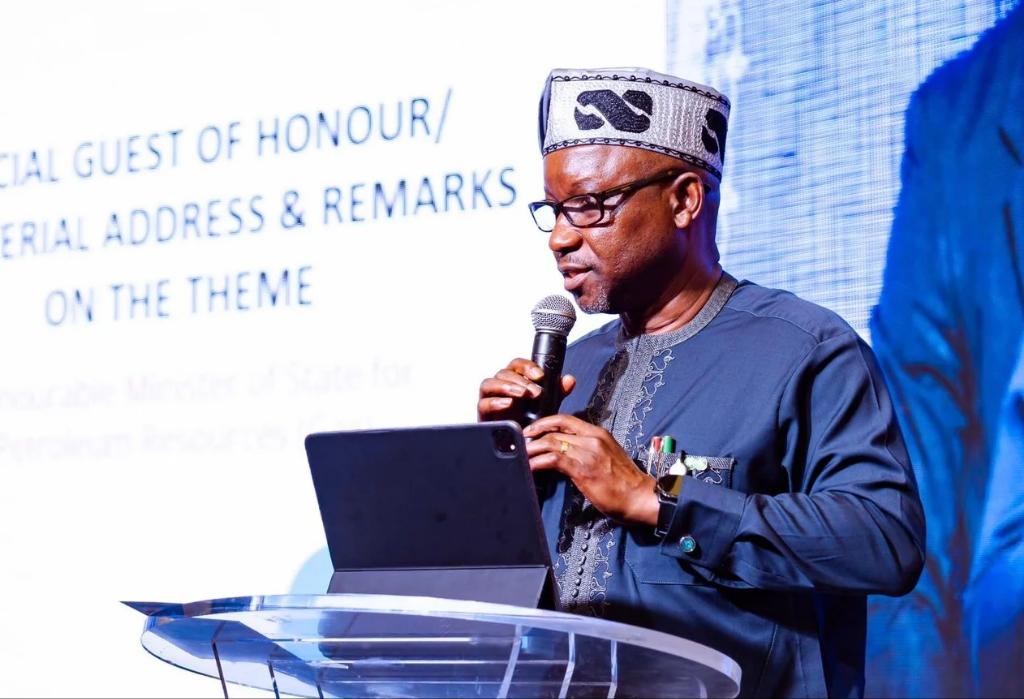In a bid to turn Nigeria’s renewable energy potential into real climate capital, Vectar Energy has unveiled ecoWise, a digital platform designed to monetise solar generation data into verifiable carbon credits.
The launch, held in Abuja, signals a decisive shift in the country’s climate finance landscape from reliance on aid to building a self-sustaining carbon market.
The event, themed “Trust. Scale. Impact: Unlocking Climate Finance through Carbon Credits for Solar in Nigeria,” gathered industry leaders, policymakers, financiers, and international partners to discuss market-based solutions to Nigeria’s energy and climate crises.
Vectar Energy’s Chief Executive Officer, Deborah Fadeyi, described ecoWise as Africa’s first patented digital Measurement, Reporting and Verification (MRV) system capable of transforming solar data into certified carbon assets.
She said the platform automates verification and directly links with international carbon registries, reducing certification costs by up to 80 per cent and cutting issuance time from 12 months to just three.
“For too long, the conversation around climate resilience has revolved around aid. It is time we trade value. If low-carbon systems reduce emissions, those verified reductions must be monetised as carbon credits, a pathway to finance new projects and industrialise sustainably,” Fadeyi said.
Fadeyi said net zero is not just an environmental goal but an economic and industrial opportunity of the 21st century, adding that, “It is how we grow, how we create good jobs, and how we build resilience.”
The ecoWise platform aims to bridge Nigeria’s renewable energy financing gap by converting clean energy generation into tradable carbon units. These can then be sold to multinational firms such as Amazon or Microsoft to offset emissions, creating new revenue streams for local developers.
The stakeholders said ecoWise represents a critical innovation in Nigeria’s climate market architecture. Carbon credits generated from verifiable solar data not only enhance investor confidence but could also strengthen project bankability by improving key financial ratios such as Debt Service Coverage (DSCR) and reducing the Weighted Average Cost of Capital (WACC).
A 50-page ecoWise Technical White Paper, launched at the event, details this data-driven roadmap, projecting that carbon revenues could unlock up to 13 per cent of the financing needed to achieve 3 gigawatts (GW) of solar capacity by 2028, benefiting over 100,000 households nationwide.
The Chief Executive Officer of All On, Caroline Eboumbou, described the platform as a “landmark step” in Nigeria’s effort to build a transparent, scalable carbon market.
“This is not just a conversation; it is a call to action. With real-time data, transparency and integrity, ecoWise shows that we can unlock climate finance at scale,” she said.
Eboumbou linked the platform to the Carbon Market Activation Plan, launched by President Bola Tinubu in 2024, which aims to mobilise $2.5 billion in high-integrity carbon investments by 2030.
According to her, innovations like ecoWise could make Nigeria the continent’s carbon finance hub, potentially tapping into a $50 billion African opportunity built on trust and traceability.
Other speakers at the forum described ecoWise as a home-grown solution tailored to Nigeria’s complex energy realities.
Vice President of the Renewable Energy Association of Nigeria, Damilola Asaleye, urged developers to leverage the platform to monetise solar data and accelerate grassroots electrification.
Meanwhile, the Ambassador of Israel to Nigeria, Michael Freeman, represented by Thelma Agada, lauded Vectar Energy’s innovation as a product of Nigeria-Israel cooperation under the Innov8 Hub initiative.
Freeman noted that Nigeria has everything it takes to lead Africa’s clean energy transformation: sunlight, talent, and determination.
He said, “The challenge has always been connecting innovation to investment. ecoWise does exactly that.”
At its core, ecoWise attempts to solve one of Africa’s longest-standing barriers to climate finance: verification. Traditional MRV systems have been costly, time-consuming, and often opaque, limiting the participation of smaller solar developers. By digitising this process, Vectar Energy’s model lowers entry barriers, improves transparency, and aligns with emerging global standards on high-integrity carbon accounting.
For Nigeria, where over 86 million people remain without electricity, the platform could provide a dual dividend: financing the energy transition while creating local value chains in climate technology, data management, and carbon asset trading.






